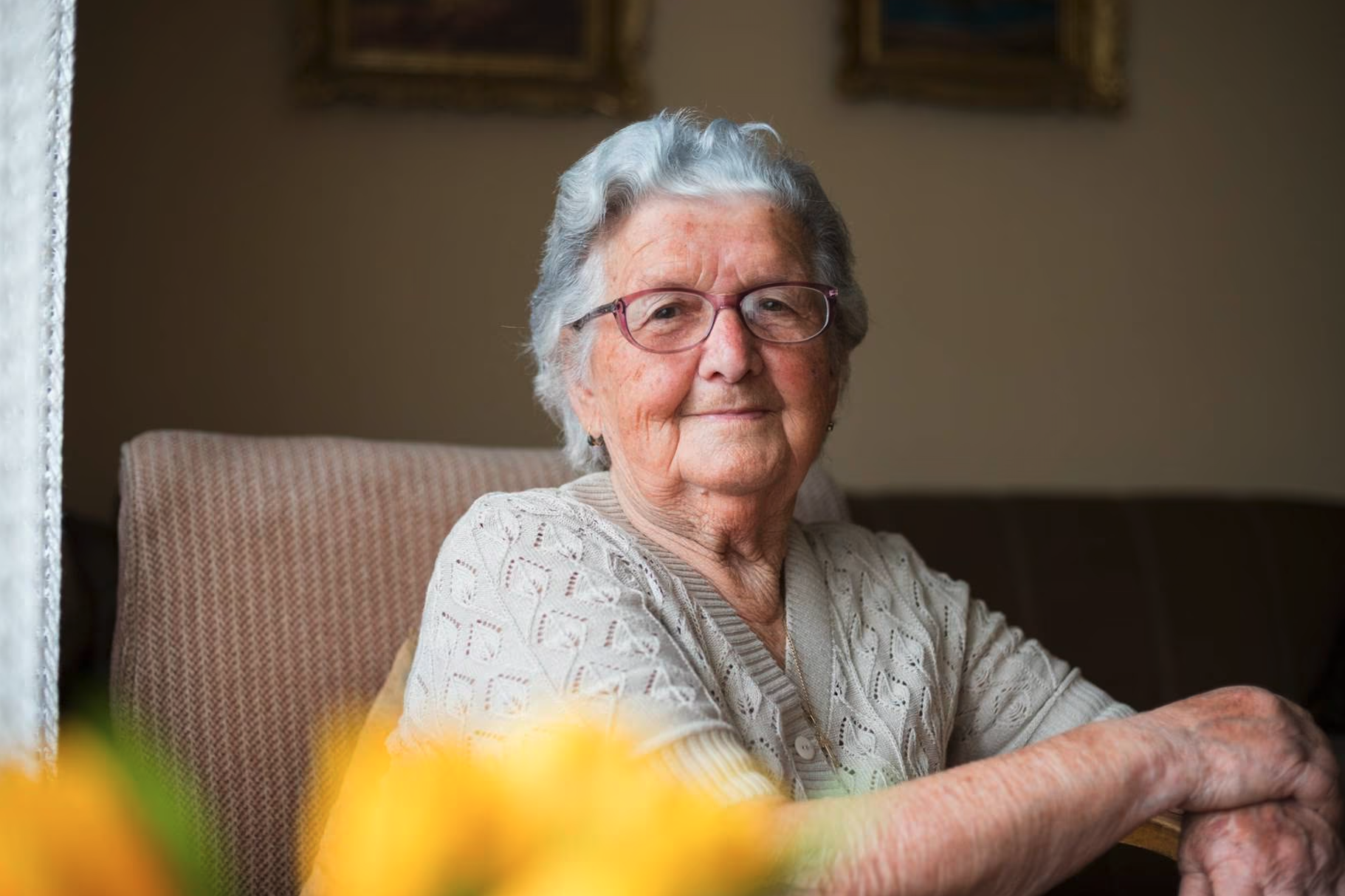As we age, our nutritional needs change. A healthy and balanced diet is important at any age, but it becomes increasingly crucial for seniors to consume a nutritious diet that meets their changing nutritional requirements. In this article, we’ll discuss the role of nutrition in elderly care and the importance of a balanced diet, including practical tips and statistics relevant to the UK.
The Importance of a Balanced Diet for Seniors
A balanced diet is essential for seniors to maintain good health and prevent chronic diseases. According to the NHS, a balanced diet should include a variety of fruits and vegetables, whole grains, lean proteins, and healthy fats. A diet rich in these nutrients can help seniors to maintain a healthy weight, reduce the risk of chronic diseases such as diabetes, heart disease, and cancer, and improve cognitive function.
The Role of Nutrition in Elderly Care
Nutrition plays a vital role in elderly care. As we age, our bodies undergo physiological changes that can affect nutrient absorption and metabolism. For example, seniors may have a reduced sense of taste and smell, making food less appetizing. They may also experience changes in digestive function, which can lead to nutrient deficiencies.
Malnutrition is a significant concern for seniors, and it can lead to a range of health problems, including decreased muscle mass, weakness, fatigue, and cognitive decline. According to Age UK, over one million older people in the UK are malnourished or at risk of malnutrition.
Tips for Promoting a Balanced Diet for Seniors
Here are some practical tips for promoting a balanced diet for seniors:
- Encourage nutrient-dense foods: Nutrient-dense foods are those that provide a high amount of nutrients per calorie, such as fruits, vegetables, whole grains, lean proteins, and healthy fats. Encourage your loved one to consume a variety of these foods to meet their nutrient needs.
- Monitor portion sizes: Portion sizes can be challenging to manage, especially for seniors who may have a reduced appetite. Encourage your loved one to eat smaller, more frequent meals throughout the day to ensure they are getting enough nutrients.
- Stay hydrated: Dehydration can be a significant problem for seniors, and it can lead to a range of health problems, including urinary tract infections, constipation, and confusion. Encourage your loved one to drink plenty of fluids throughout the day, such as water, herbal tea, and diluted fruit juice.
- Address oral health: Oral health can affect the ability to eat and enjoy food. Ensure that your loved one has regular dental check-ups, and encourage them to practice good oral hygiene, such as brushing and flossing regularly.
- Consider supplements: In some cases, seniors may have difficulty meeting their nutrient needs through diet alone. Consider supplements, such as a multivitamin or mineral supplement, to ensure that they are getting enough nutrients.
Statistics on Nutrition and Elderly Care
Here are some statistics that highlight the importance of nutrition in elderly care:
- Over one million older people in the UK are malnourished or at risk of malnutrition (Age UK).
- Around 30% of people aged 65 and over in the UK are at risk of malnutrition (Malnutrition Task Force).
- The proportion of undernutrition in UK hospitals ranges from 28% to 42% (NHS England).
- Over 3 million people in the UK are living with malnutrition (Malnutrition Task Force).
A balanced diet is essential for seniors to maintain good health and prevent chronic diseases. As we age, our nutritional needs change, and it becomes increasingly crucial to consume a nutritious diet that meets our changing requirements. By promoting nutrient-dense foods, monitoring portion sizes, staying hydrated, addressing oral health, and considering supplements, you can help your loved one to maintain a healthy and balanced diet. Remember, malnutrition is a significant concern for seniors, and it can lead to a range of health problems, including decreased muscle mass, weakness, fatigue, and cognitive decline. By following the tips above and working with a healthcare professional, you can ensure that your loved one is getting the nutrients they need to thrive.
It’s also essential to be aware of the statistics on nutrition and elderly care in the UK, which demonstrate the prevalence of malnutrition and undernutrition among seniors. By understanding these statistics, we can work towards improving the nutrition and overall health of our elderly population.
In summary, a balanced diet is essential for seniors to maintain good health and prevent chronic diseases. As we age, our nutritional needs change, and it becomes increasingly crucial to consume a nutritious diet that meets our changing requirements. By following the tips outlined in this article and working with a healthcare professional, we can ensure that our loved ones are getting the nutrients they need to thrive.
